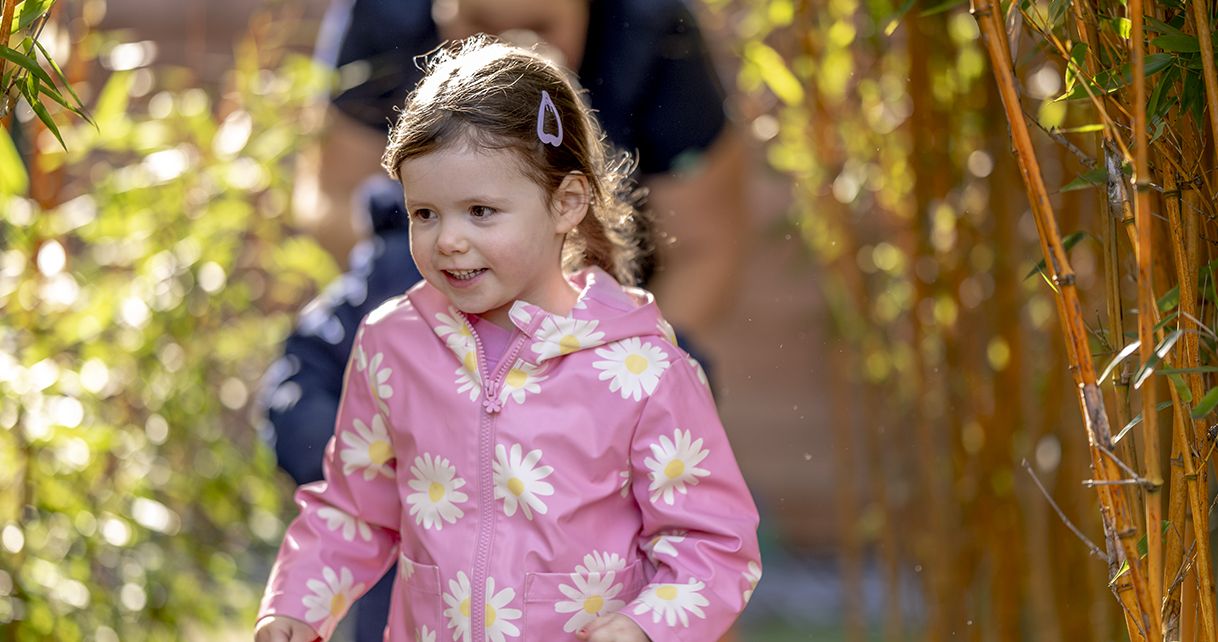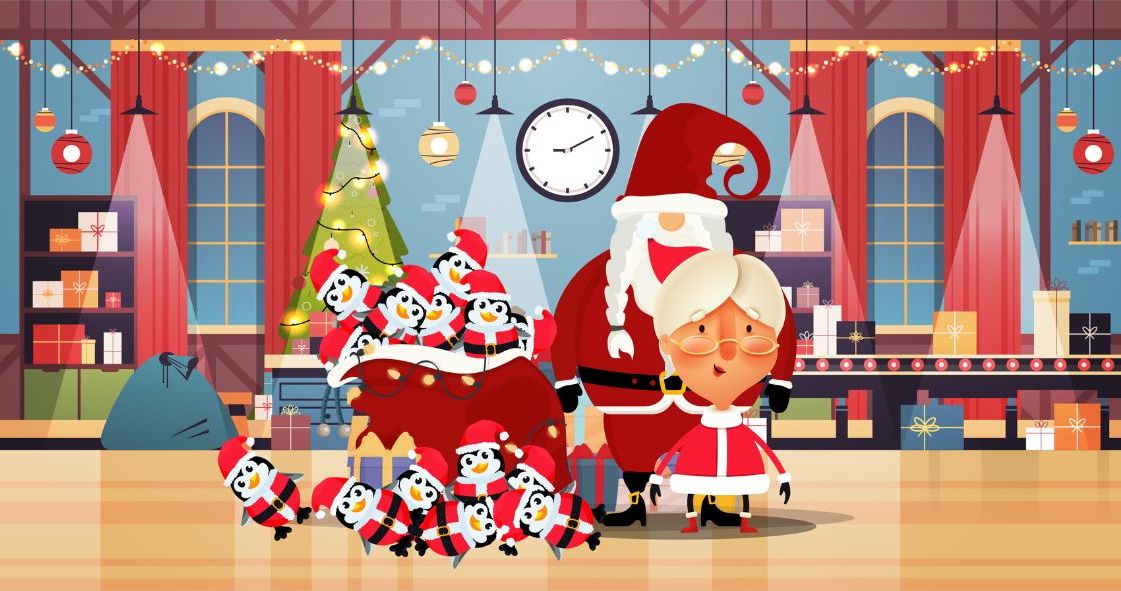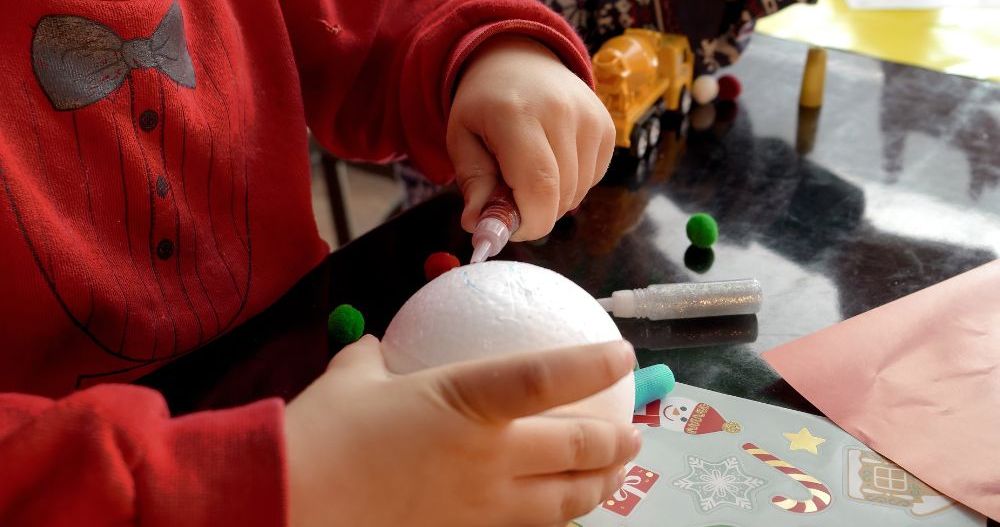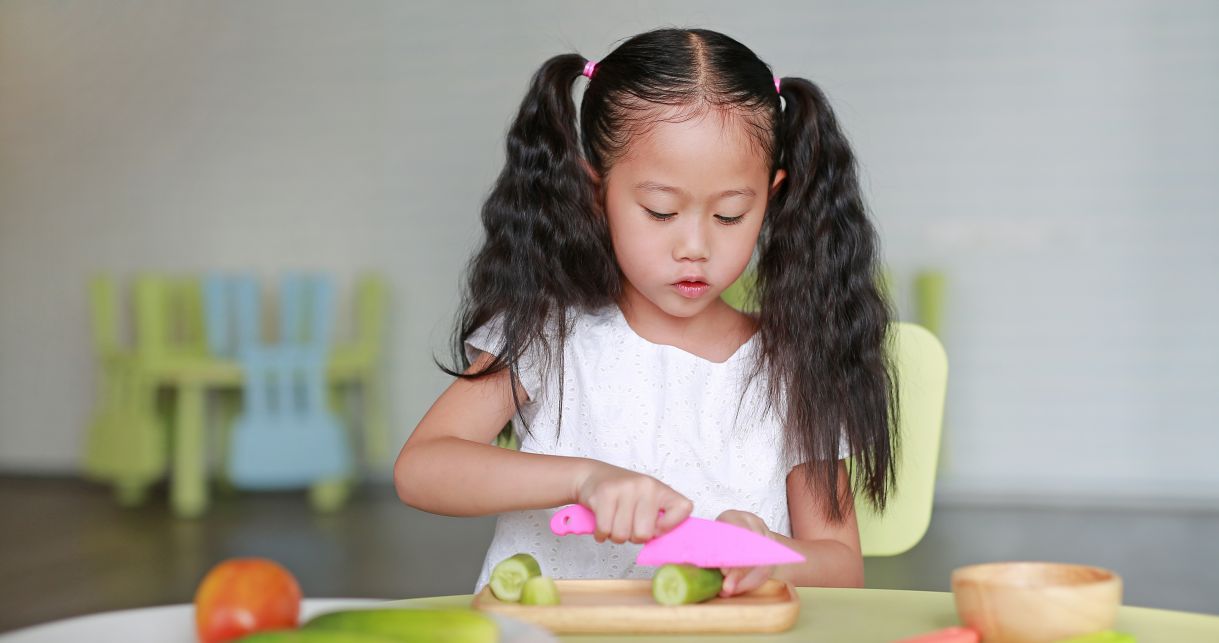7 min read
7 min read
7 min read
7 min read
We all want our children to thrive and learn in the best possible way. This starts with creating a nurturing and stimulating environment, and that’s where sensory play comes in!
Sensory play engages a child’s sense of touch, sight, smell, sound, and taste, providing a fun and interactive way for them to explore the world around them. Sensory play boasts a whole range of benefits that contribute significantly to your child’s overall development.
We’re going to delve into the incredible ways sensory play supports your little learner’s journey, from those first curious explorations to their blossoming educational path from nursery to school and beyond.
Sensory experiences create connections in the brain, forming the foundation for future learning.
As children explore textures. shapes. Shapes, and sounds, they’re building vocabulary and communication skills.
Scooping, pouring, squeezing, and building all contribute to those important motor skills that are crucial for daily tasks and future writing skills.
Sensory play can be a calming and engaging activity, helping children learn to regulate emotions and interact with others during playtime.
Now we’ve covered the value of sensory activities for children, why not try some of these with your little ones?
What You’ll Need:
- Range of different textured materials such as foil, paper, and cloth
Supervise your baby as they take part in this experience and avoid your baby placing items into their mouths
What You’ll Do:
- Place your baby on their tummy or sat up on the floor.
- Arrange the textured materials around them at arm’s length, for example, one in from of them and some to the side.
- Encourage your baby to reach and grasp the materials to explore the sounds, textures of the items.
This experience supports your baby with their hand-eye coordination as they move their arms to grasp an object within their sight.
- As your baby explores the items with both of their hands, this is known as two-handed and midline play, which supports with their coordination.

What You’ll Need:
- A large cardboard box
- Range of textured materials such as paper, foil, bubble wrap and cloth
- Tape
Ensure your baby is supervised while carrying out this experience.
What You’ll Do:
- Tape a variety of textured materials to a cardboard box. For example, one side in paper, another in bubble wrap, and another in tin foil.
- Lie your baby on their back in a comfortable area and place the box by their feet.
- Encourage your baby to explore the material as they tap and move their feet on this. Turn the cardboard box to allow your baby to explore another textured material.
How Does This Sensory Activity Help Your Child’s Development?
- This experience supports your baby’s bilateral coordination, which is the ability to use both sides of the body at the same tie time in a controlled manner.
- Providing opportunities for your baby to move their legs will support their coordination, whilst developing leg strength.

What You’ll Need:
- Toy vehicles
- Washing up bowl, a jug of warm water
- Some bubble bath
- Cloths and towels
- Toothbrushes
Make sure that the water is a suitable temperature. Always supervise your child carefully around water. Make sure that any spilt water is mopped up to avoid slipping hazards.
What You’ll Do:
- This activity is perfect for the garden. Explain to your child that you are going to have to wash your car.
- Encourage them to use the jug to pour water into the bowl, add the bubble bath and stir to mix them together.
- Show your child how they can now use the water to wash their cards.
- Provide cloths and toothbrushes to clean them with.
- Encourage your child to then dry their cars using the towels.
- Playing with water is a lovely sensory experience for your child, it encourages their early scientific thinking.
- This experience will support your child’s fine motor skills at as they manipulate the cloth to clean the vehicles.
- When filling up the washing up bowl, you can explore measurements with them and encourage them to make predictions.
So, there you have it! Sensory play isn’t just messy fun (although, the mess can be part of the joy!), it’s a powerful tool for nurturing your child’s development.
At Busy Bees, we incorporate a variety of sensory activities into our daily routine, ensuring your little one has ample opportunity to explore, learn, and grow. Why not join us and discover the magic of sensory play together? Find your local Busy Bees nursery today!
by Busy Bees
Published: 22/05/2024
Share Blog

by Busy Bees 26/01/2026
10 min read

by Busy Bees 01/12/2025
5 min read

by Busy Bees 01/12/2025
5 min read

by Busy Bees 27/11/2025
6 min read

by Busy Bees 25/11/2025
7 min read